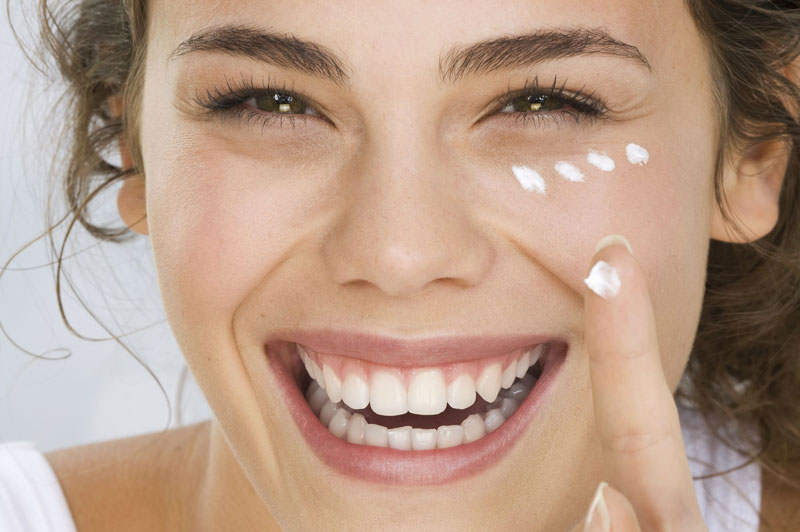About skin care
The human skin is the largest organ of the body. It can develop an array of complications ranging from pimples to skin cancer. It is very important to take good care of your skin throughout your life.
Quick skin education
Your skin is separated into three layers:
- Epidermis – The top layer, consisting mainly of skin cells called keratinocytes
- Dermis – The middle layer made up of collagen and elastin, incorporating nerve-endings, glands and blood vessels
- Subcutaneous layer- Consists of fat
Basic skin care tips
Here are some general skin care tips that can reduce the risk of skin disease and keep your skin looking its best. These include:
- Sun protection – Ultraviolet irradiation from the sun is an important cause of skin cancer. This is why a high protection sunscreen is an important element of skin care. Ultraviolet light protection also has cosmetic benefits, ensuring that your skin looks healthy and fresh by slowing the aging process of skin.
- Skin checks – People who are in a high risk category for skin cancer (fair skin, a previous history skin cancer, a history of significant sun exposure throughout life) often need to visit a dermatologist for a skin review at least annually in order to address any potential skin problems. People who have many moles and/or a personal or family history of melanoma should also have a regular review.
- Cleansing – A gentle, soap-free cleanser should be used twice daily for cleansing the face.
- Moisturising – The type of daily mosturiser used should be appropriate for your skin type. A moisturiser that is too oily may cause an acne-prone skin to break-out. Oil-free moisturisers may be ineffective for very dry skin. Often people will have combination skin, with a more oily central T-zone on the face. You should also consider your diet and lifestyle. Good skin comes from eating a healthy diet, getting enough exercise, sleep and drinking plenty of water.
See a dermatologist
 General skin care should be incorporated into your daily routine. It should not be labor intensive, but you do have to make it a habit. Of course, regular physical exams and adult health screening tests are an important part of preventive adult health care. Early detection can be the key to successful treatment.
General skin care should be incorporated into your daily routine. It should not be labor intensive, but you do have to make it a habit. Of course, regular physical exams and adult health screening tests are an important part of preventive adult health care. Early detection can be the key to successful treatment.
If you have any questions or concerns about skin care, contact your local doctor, who will be able to arrange for you to see a dermatologist. Contact us today.



